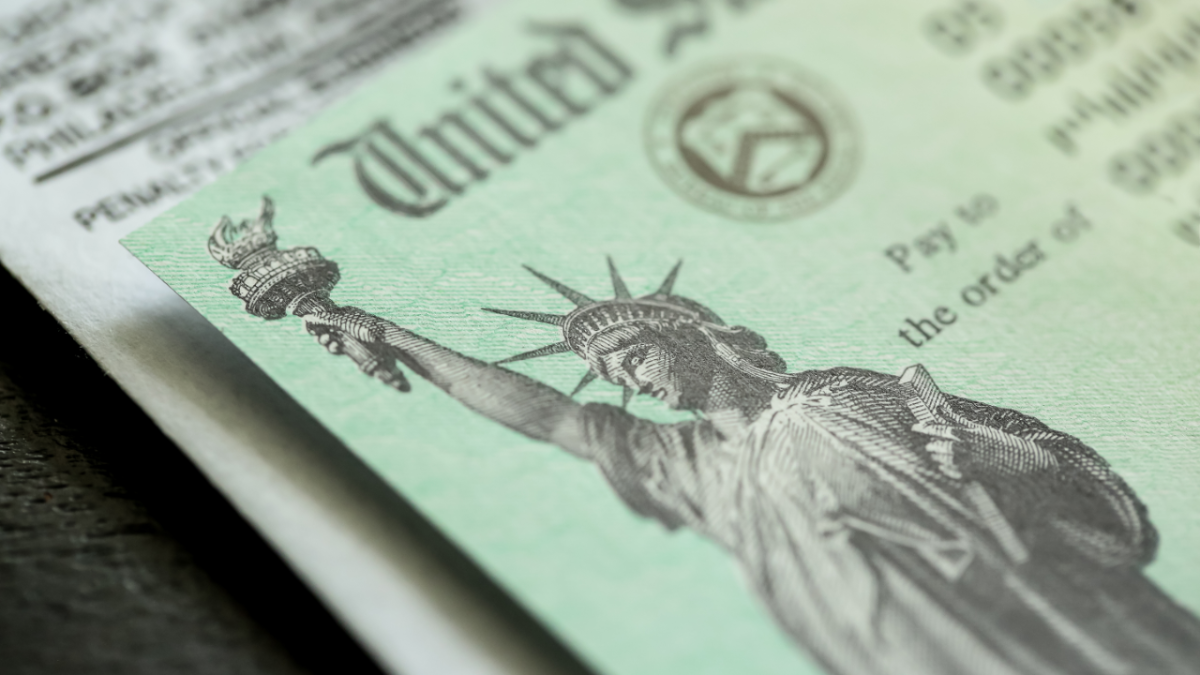Government stimulus checks have been a lifeline for millions of Americans during economic downturns. However, while these payments provide immediate relief, their long-term effects on the economy are a topic of heated debate. Critics argue that additional stimulus checks could potentially harm economic recovery in various ways. Here are six ways more government stimulus checks might hurt the economy.
1. Rising Inflation
One of the most significant risks of additional stimulus checks is exacerbating inflation. When consumers have more money to spend, demand for goods and services rises. If supply can’t keep up with this increased demand, prices soar, leading to inflationary pressures. The U.S. has already experienced elevated inflation in recent years, and more stimulus could further strain the economy.
2. Increased National Debt
Funding stimulus checks typically requires borrowing, which adds to the national debt. As debt levels rise, the government faces higher interest payments, potentially diverting funds from critical public services like healthcare and education. Over time, unchecked borrowing can lead to fiscal instability and limit the country’s ability to respond to future crises.
3. Reduced Incentive to Work
While stimulus checks provide immediate financial support, they can inadvertently discourage some individuals from seeking employment, particularly if the payments are generous. A reduced labor force can hinder economic growth by lowering productivity and increasing dependency on government programs. This effect was observed during previous rounds of stimulus when some employers reported difficulty in filling job vacancies.
4. Market Distortions
Stimulus checks can distort markets by artificially boosting demand in certain sectors. While this may create short-term economic growth, it can also lead to resource misallocation. For example, industries experiencing temporary demand surges might over-expand, only to face challenges when the stimulus-driven demand subsides.
5. Devaluation of Currency
When governments inject large sums of money into the economy, it can lead to currency devaluation. A weaker currency reduces purchasing power domestically and abroad, increasing the cost of imports. This could strain household budgets further, particularly for essential goods like food and energy.
6. Widening Income Inequality
Ironically, stimulus checks aimed at helping lower-income households may inadvertently widen income inequality. Asset prices, such as stocks and real estate, often rise in response to increased consumer spending, benefiting wealthier individuals who own these assets. Meanwhile, lower-income households may struggle to keep up with rising costs.
Balancing Immediate Relief and Long-Term Stability
While stimulus checks offer undeniable short-term benefits, their long-term economic implications are complex. Policymakers must balance the need for immediate relief with strategies to ensure sustainable growth. Investing in infrastructure, education, and job training programs may provide a more effective path to economic recovery without some of the downsides associated with direct payments.
Conclusion
Government stimulus checks have played a crucial role in supporting households during economic downturns, but they come with risks that could undermine the economy in the long run. From fueling inflation to increasing national debt, these payments are not without consequences. As debates over future stimulus measures continue, understanding these potential drawbacks is essential for informed decision-making.
For a deeper dive into the economic impacts of stimulus policies, visit Brookings Institution.
Disclaimer – Our team has carefully fact-checked this article to make sure it’s accurate and free from any misinformation. We’re dedicated to keeping our content honest and reliable for our readers.







